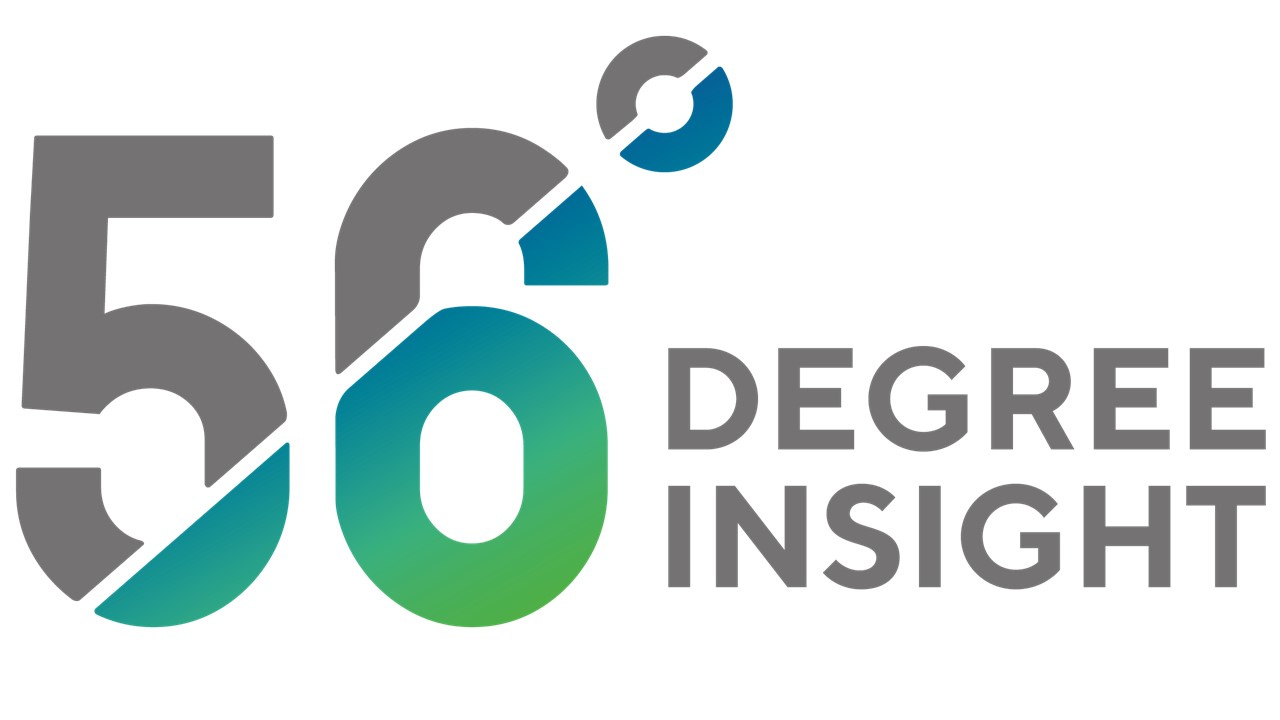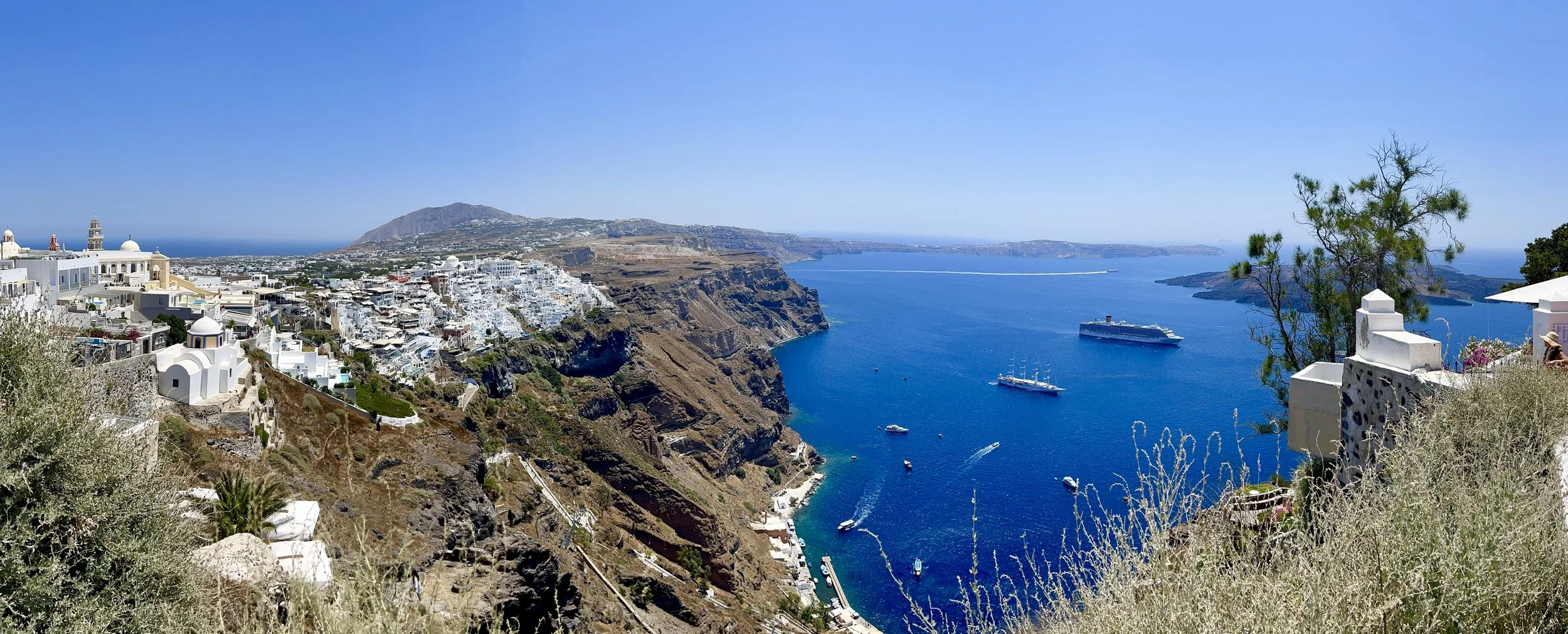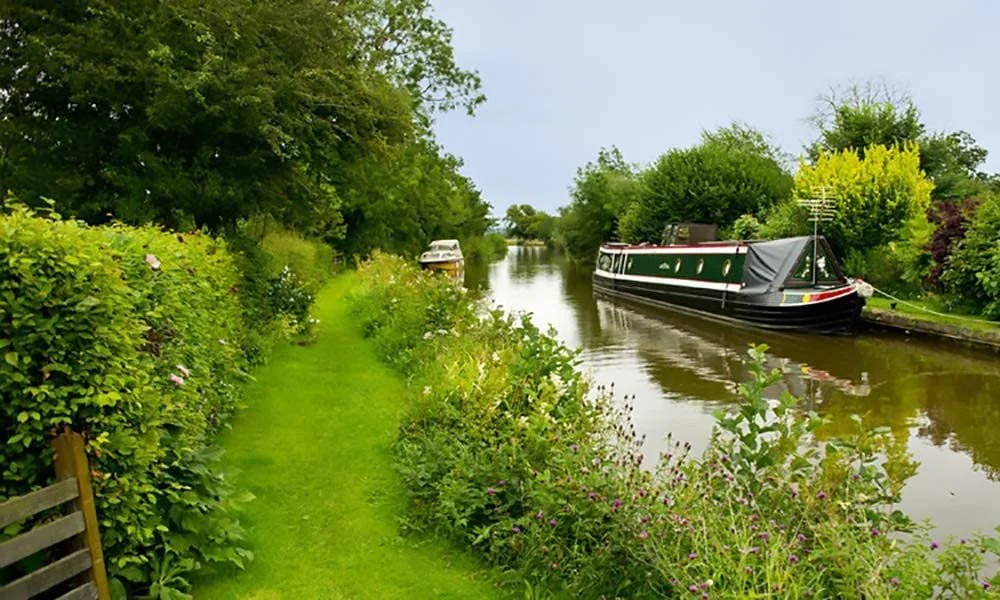The COP26 summit is almost upon us, kicking off in Glasgow on Sunday.
The importance of the talks cannot be understated. The event has been described by the US climate envoy John Kerry as the world’s ‘last best hope’ to get its act together and to commit to the changes needed if we are to have any chance of reducing global carbon emissions by the amounts required to slow the rate of global warming.
Results published from the surveys we’ve worked on suggest that, on the face of it, most of the population in Scotland recognise the significance of the twin challenges of climate change and biodiversity loss. The Scotland’s People and Nature survey undertaken for NatureScot found that back in 2014, 39% of the population agreed strongly that they were concerned about the effects of climate change on Scotland’s natural environment and 42% agreed strongly that they were concerned about the loss of native animals and plants in Scotland. However by the start of 2020 these percentages had increased significantly to 60% very concerned about climate change and 57% very concerned about bio-diversity loss.
Our research undertaken earlier this year for Zero Waste Scotland suggests that levels of concern about environment issues have grown further during the pandemic with 46% of Scots claiming to have become more concerned over this period.
Also, as a business we’ve noticed a change in the importance attached to environmental protection by our clients. Since we launched two and half years ago we’ve moved from a situation where only clients with a direct remit related to the natural environment wanted to understand public attitudes and behaviours about this topic, to one where the subject is of importance to nearly all of our clients (from transport and tourism operators, to food manufacturers and utility companies) and at least touched upon in the majority of the studies we undertake.
It’s encouraging to see the increased importance being given to protecting the natural environment by both the population and business community, but will this concern translate to credible actions that make it difference, or is it all just ‘blah, blah, blah’?
We know from many of the studies we’ve worked on over a number of years that a significant ‘value-action gap’ exists between the values that individuals hold (e.g. feeling concerned about climate change) and the actions that they take. Often mandated and/or easier to do behaviours such as curbside recycling are the only actions undertaken regularly while other activities which cost more or are harder to do tend to be put off as something to do sometime in the future.
Knowledge of the relative impacts of different activities and the benefits of different possible pro-environmental actions can also make it difficult for consumers to know what actions they should be taking. Our knowledge of the potential benefits of more responsible consumption is a case in point. Around 80% of our carbon footprint in Scotland comes from our consumption habits (i.e. the stuff we buy!) yet our recent survey for Zero Waste Scotland showed that only around a fifth of the population were aware of this fact.
There are many challenges ahead but we hope that we can play a small part by helping our clients to ensure that they have the insights needed to help consumers to ‘bridge the gap’ between their values and actions, by providing an understanding of the barriers that make it harder to change behaviours, how products and pricing can be designed so that right choices are also the easier ones, and how communications can be improved to provide greater clarity on the right steps to take.
If you’d like to hear more about the work we are undertaking in this area or discuss how we can help please get in touch.






